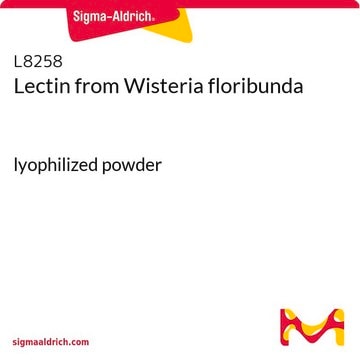P0115
PAC-1
≥98% (HPLC)
Synonym(s):
(4-Benzylpiperazino)acetic acid (3-allyl-2-hyroxybenzylidene)hydrazide, 1-Piperazineacetic acid, 2-(phenylmethyl)-,[[2-hydroxy-3-(2-propenyl)phenyl]methylene]hyrrazide
About This Item
Recommended Products
Quality Level
Assay
≥98% (HPLC)
form
solid
color
white
solubility
DMSO: ≥10 mg/mL
deionized water: ≤2 mg/mL
storage temp.
room temp
SMILES string
Oc1c(CC=C)cccc1\C=N\NC(=O)CN2CCN(CC2)Cc3ccccc3
InChI
1S/C23H28N4O2/c1-2-7-20-10-6-11-21(23(20)29)16-24-25-22(28)18-27-14-12-26(13-15-27)17-19-8-4-3-5-9-19/h2-6,8-11,16,29H,1,7,12-15,17-18H2,(H,25,28)/b24-16+
InChI key
YQNRVGJCPCNMKT-LFVJCYFKSA-N
General description
Biochem/physiol Actions
Features and Benefits
Storage Class Code
11 - Combustible Solids
WGK
WGK 3
Personal Protective Equipment
Certificates of Analysis (COA)
Search for Certificates of Analysis (COA) by entering the products Lot/Batch Number. Lot and Batch Numbers can be found on a product’s label following the words ‘Lot’ or ‘Batch’.
Already Own This Product?
Find documentation for the products that you have recently purchased in the Document Library.
Customers Also Viewed
Our team of scientists has experience in all areas of research including Life Science, Material Science, Chemical Synthesis, Chromatography, Analytical and many others.
Contact Technical Service










